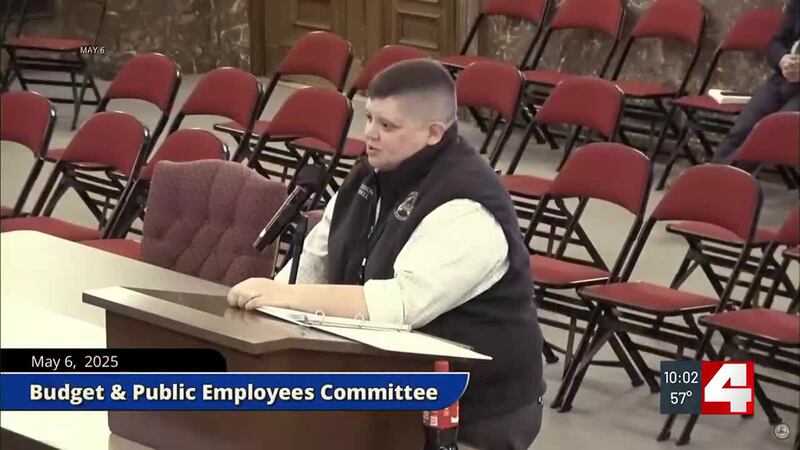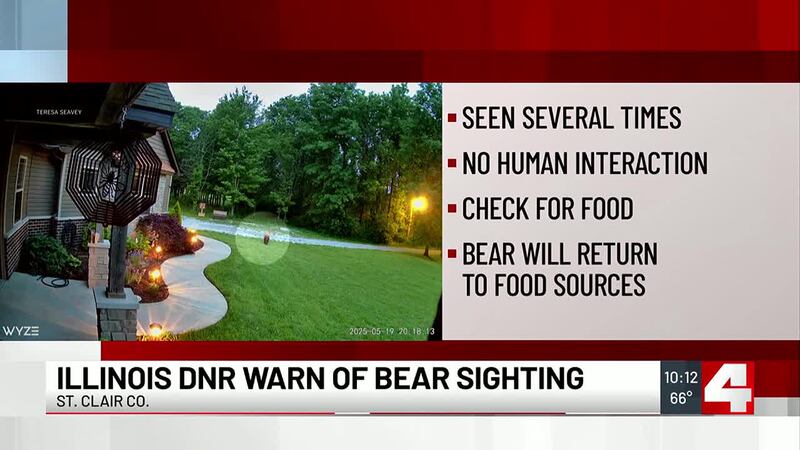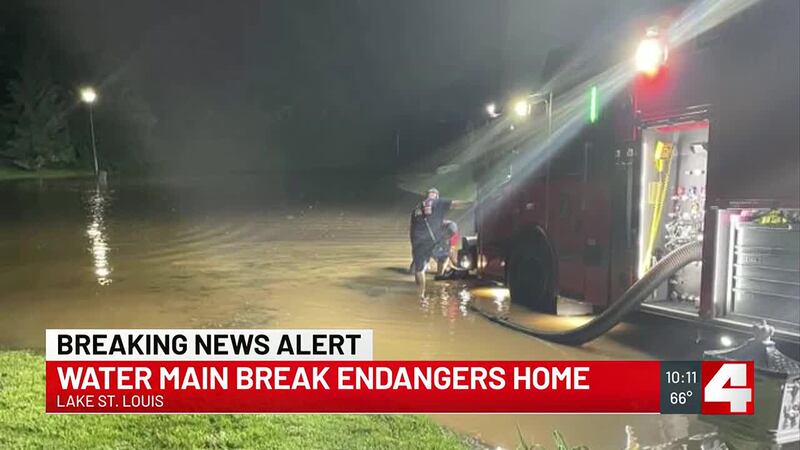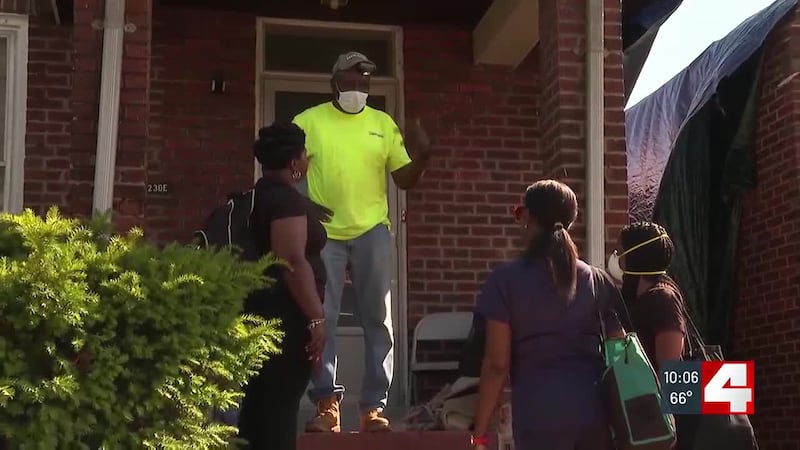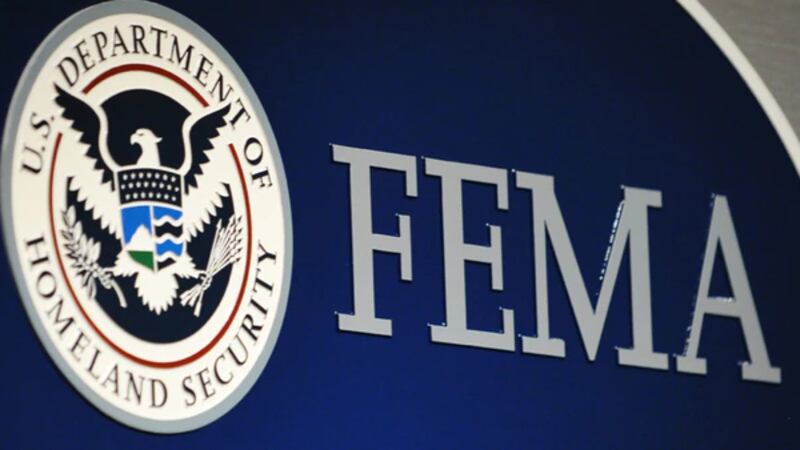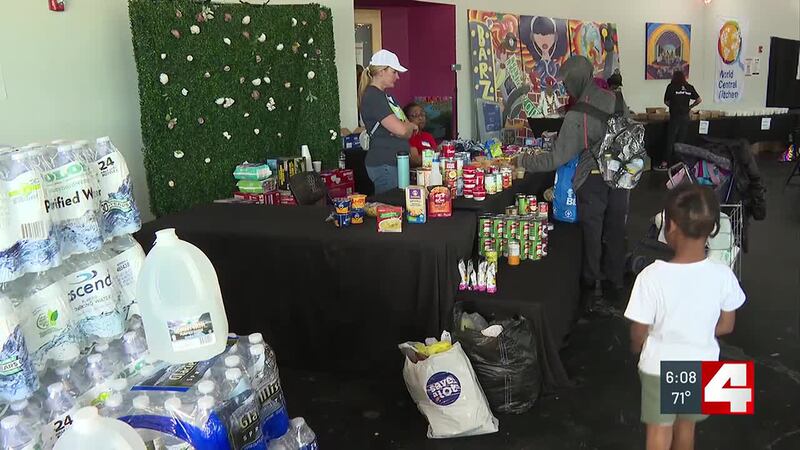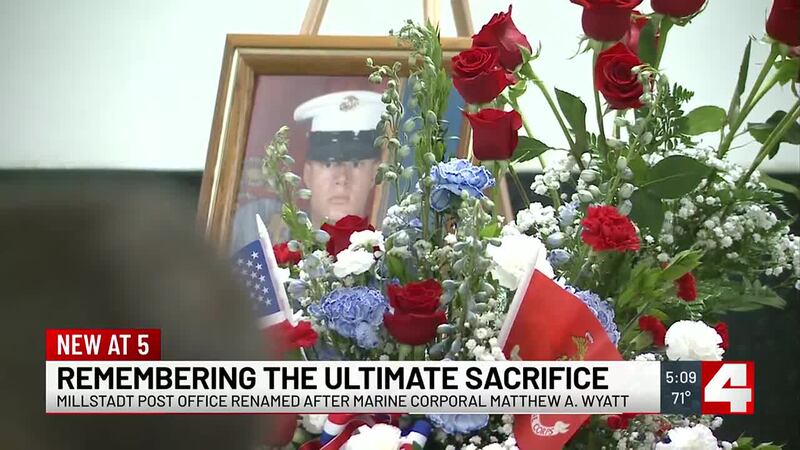Jefferson County hasn’t used its $7M from opioid settlements as pending lawsuit shows no movement
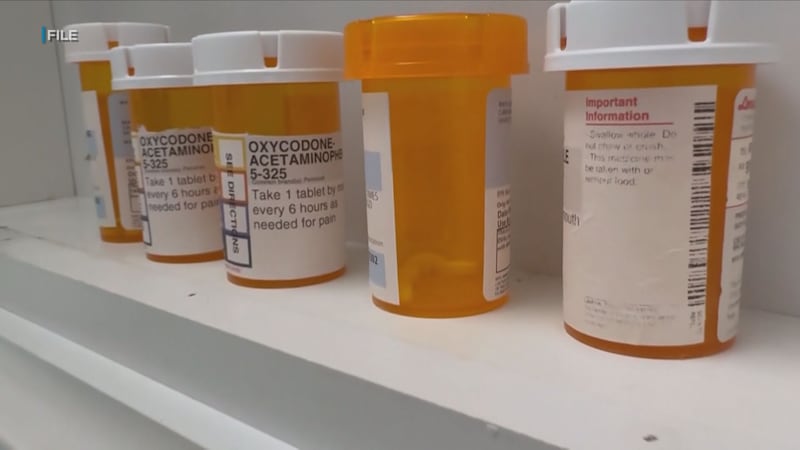
JEFFERSON COUNTY (First Alert 4) -- Jefferson County has received millions of dollars from opioid settlement lawsuits but has not allocated any of the money more than two years after payments began, a public records request revealed.
The reason the county has not taken concrete action on the current funds meant to remediate the deadly opioid crisis is tied to a separate, ongoing lawsuit with no apparent conclusion in sight, First Alert 4 has found. Although Jefferson County’s case is unique because of its separate lawsuit, other public records requests showed 12 other St. Louis-area counties and cities had not spent any opioid settlement funds up to mid-January.
Jefferson County has just over $7 million from lawsuits against opioid makers and distributors, according to 2025 budget documents. Jefferson County’s pending litigation is against Express Scripts and Optum, pharmacy benefit managers(PBMs) that states’ attorneys general did not pursue in their opioid lawsuits that have been settled.
The pending lawsuit is currently stalled in a federal appeals court over a dispute on whether the case should be held in Jefferson County Circuit Court or federal court. After U.S. District Judge Matthew Schelp ordered the case back to Jefferson County last March, Express Scripts and Optum appealed the decision. One of the litigators for Jefferson County in the case, Jack Garvey of Stranch, Jennings, and Garvey, told First Alert 4 he has “no idea” why the appeals court has not yet rendered a decision.
And with the unresolved litigation, county officials chose not to spend or allocate any of the accrued money. Jefferson County Executive Dennis Gannon did not reply to an email and phone calls requesting an interview. Jefferson County Counselor Jalesia F.M. Kuenzel said the county will not discuss any possible plans for the current settlement money.
“We will not be discussing or providing any information regarding opioid settlement funds nor will we be using any funds until we have completed ALL opioid litigation,” she said in an email. “We do not want any statements or use of those funds to affect our current negotiations.”
It remains unclear when those negotiations could end, as the county now has accrued millions from already-settled opioid lawsuits that were the result of the overprescribing and marketing of addictive opioids that ramped up the overdose death crisis.
Jefferson County Health Department Public Information Officer Brianne Zwiener told First Alert 4 the funds could help address issues surrounding substance use that have been a priority for some time.
“Within the county, there are several agencies, programs, services — with the health department included — that could benefit from additional funding,” she said. “Especially since within Jefferson County, substance use currently is and has been for several years one of our top community health needs that are identified through our community health need assessments.”
Garvey defended the county’s decision to hold off on current funds, telling First Alert 4 that spending could be brought up during trial. And, he added, it also prevents the county from having a complete plan to address the problem without knowing the total amount it will possibly receive.
“They can’t place and pay a treatment specialist in their jail if they don’t know how long they could pay this person,” he said, “so any plan completed now will possibly place issue at trial when it may not have been the comprehensive program the county wanted to put in place.”
The Jefferson County case was the first in the country to test claims against PBMs for their alleged roles in the opioid crisis. Garvey likened PBMs to a spigot for the supply of opioids in Jefferson County.
He pointed to a recent New York Times investigation, which revealed documents showing companies such as Purdue Pharma paid PBMs to not restrict painkiller prescriptions. Garvey confirmed the documents cited in the article were unearthed through the discovery process in the Jefferson County case.
“As the Purdue emails show, the PBM’s controlled the formulary or ‘list’ of opioids and their dosage, length of prescription renewal, and what opioid was selected (Purdue’s oxycontin),” Garvey said in an email. “They had a huge role in the distribution of opioids in not only Jefferson County, but surrounding counties.”
Express Scripts and Optum did not respond to emails requesting comment on the allegations against them or the ongoing litigation.

An ongoing crisis
As Jefferson County’s action on current opioid dollars hinges on its PBM lawsuit, substance use and overdose deaths continue to have a heavy impact there. According to the Missouri Department of Health and Senior Services, 640 people died from overdoses in Jefferson County from 2018 through 2023. That’s the seventh-highest drug overdose mortality rate in the state during that time.
Zwiener said the health department focuses on education, awareness, and prevention to curb addiction. It provides naloxone, the overdose-reversing drug, at no cost, and provides substance use education. It also connects people to local resources.
She said there are local treatment and recovery centers, transitional housing programs, and sober living programs that could benefit from additional funding to increase resources.
“Whether it’s prevention work or treatment work or housing or anything like that, it definitely would have an impact on the community just because we have so many opportunities to expand and impact,” she said.
Dr. Fred Rottnek, program director for Saint Louis University’s Addiction Medicine Fellowship, said transportation to access care is a greater need in rural counties that could be addressed with more funding. He also pointed to chronic opioid therapy for older adults, the county’s treatment court, and the current limited opioid treatment capacity and recovery housing as pressing needs.
Local governments not utilizing opioid settlement dollars is common nationwide, according to Aneri Pattani. She helped compile a database tracking $6 billion in funds across the U.S. showing spending, or lack thereof, through 2023.
Pattani, a senior correspondent for Kaiser Family Foundation(KFF) Health News, said she found the reasons vary for governments sitting on the money. But, she added, it’s important that the money is used as it was intended since it’s there for a painful reason.
“What I’ve heard time and again from parents who lost their kids to overdoses, to people who are in recovery, to all the communities that are affected by this is that, this is not normal taxpayer money,” she said. “They think of this as blood money, right. People died and that’s why this exists. There was harm from these companies and that’s why this exists. And so, they care about how it’s used. They care about whether it’s actually going to make a difference.”
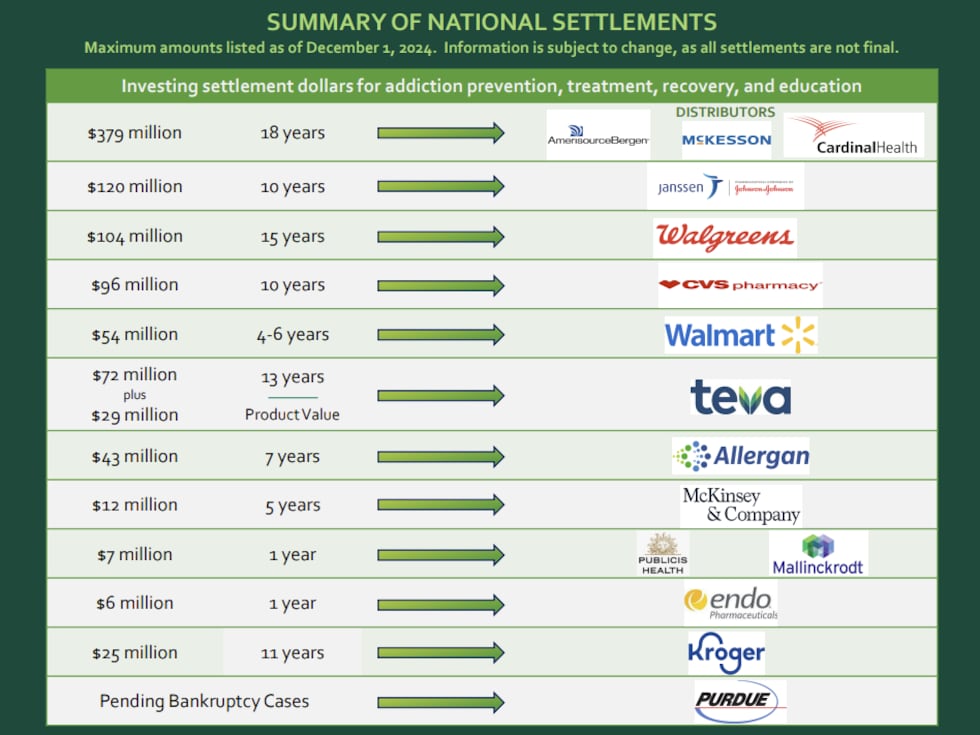
What’s next?
Oral arguments have not been scheduled for the appeal. The clerk for the Eighth Circuit Court of Appeals told First Alert 4 the arguments will likely be heard in the next few months. The court could make a decision, however, without hearing oral arguments, according to Garvey.
Garvey argued the case should be decided by a Jefferson County jury.
“Jefferson County is entitled to have their case heard by jurors made up of their citizenry,” he said. “The system allows it.”
Attorneys for Express Scripts and Optum did not respond to emails requesting comment.
The case’s future may also be altered by the revelation of the documents linking drugmakers to PBMs.
“This case is separate since the Attorney Generals never decided to sue the PBM’s and chose not to pursue them,” Garvey said. “That may change now in light of the Purdue documents being made public showing the agreement between Purdue, Express Scripts and Optum to increase the flow of opioids into every single county, city and town in the country.”
Zwiener said no matter how long the litigation takes, the health department will continue its work on what she called a very limited budget.
“Regardless of whether or not or what timing the opioid settlement funding does come down, how much we would receive, what that looks like, public health will continue to address substance use in the ways that we can,” she said.
The county is already helping combat addiction with current initiatives such as delivering health care services through mobile units, according to Rottnek. He also said the county was an early adopter of youth education and prevention programs.
The approved uses of the opioid settlement funds include treatment and recovery services, prevention, harm reduction, and helping first responders. First Alert 4 will publish comprehensive data showing the level of transparency from local governments on their spending of opioid settlement funds once the remaining public records requests for expenditure reports are fulfilled.
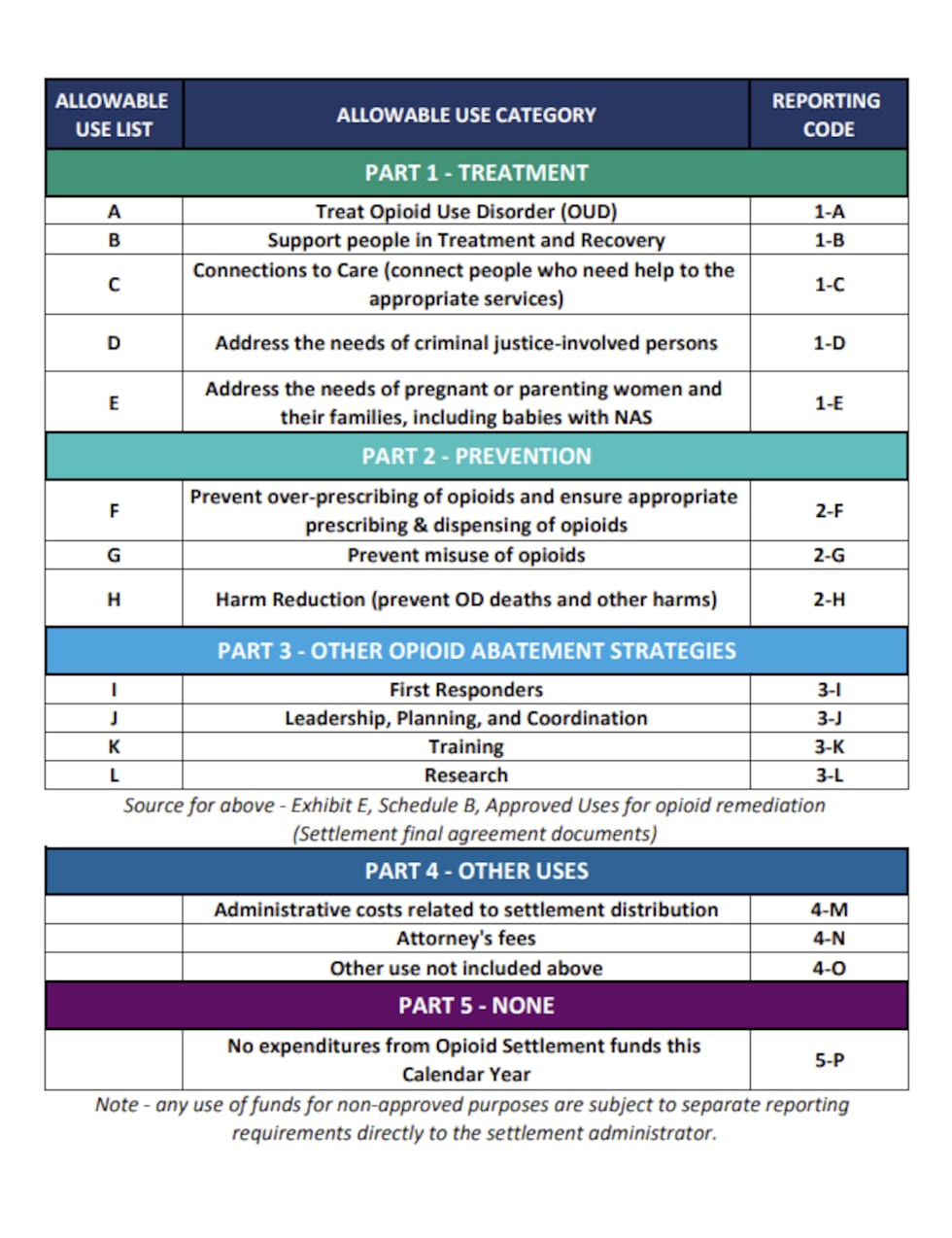
Have a story idea about opioid settlement funds? Email the author: [email protected]
Copyright 2025 KMOV. All rights reserved.

